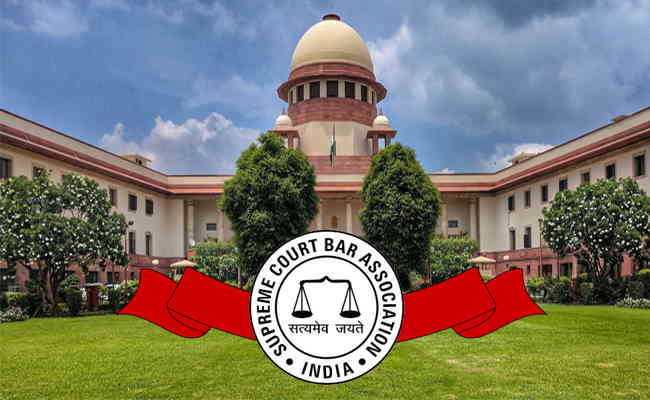On May 23, Finance Minister Nirmala Sitharaman announced that banks should automatically extend loans to eligible micro, small & medium enterprises sector borrowers without the fear of 3Cs – CBI, CVC, & CAG (Central Bureau of Investigation, Central Vigilance Commission, & Comptroller & Auditor General, respectively). The Sitharaman’s statement highlighted the widely perceived apprehension among public servants that they can be later prosecuted for their bona fide decisions.
Good governance, which allows public servants to be innovative in their planning & execution, should not be subservient to the repeated assurance of protections by the political executive.
Corruption by public servants is undoubtedly a menace to society. It subverts democratic processes & the rule of law, adversely affecting the social & economic development. At the same time, society must protect honest & upright public servants to enable them to function freely & fairly. An efficient & fearless bureaucracy is a must for the country’s growth & it can only be ensured by providing public servants with adequate legal protection.
The need of the hour is to instil belief among the public servants as well as the public that existing legal framework balances both the aspects: It punishes the corrupt & protects the honest & upright.
In India, the statutory framework relating to anti-corruption laws dates back to 1860 when it was made part of the Indian Penal Code (IPC). Later, it was supplemented with another statute – the Prevention of Corruption Act, 1947 (1947 PC Act). Both of these were finally replaced by a consolidated law, the Prevention of Corruption Act 1988 (1988 PC Act). Delinquent public servants are generally prosecuted under the 1988 PC Act and, sometimes, also under the Indian Penal Code or other penal statutes. These anti-corruption statutes prescribe stringent punishments to create a deterrent effect on corrupt public servants.
Read also : Analysis Of Laws Before The Criminal Law Amendment, 2013. By Stephy Thomas
Under the existing statutory framework, a public servant on official duty is protected from frivolous prosecution at three levels. First, the enactments generally prohibit the initiation of any legal proceeding against a public servant for actions taken by them in good faith. Second, they require prior approval of the concerned government before initiating an enquiry or registering a case for acts done in discharge of his official function or duties. And, third, they require prior sanction from the government for the court to take cognisance of the offence.
However, the above protections, can’t be taken as absolute. The authority’s decision to grant or refuse sanction to prosecute, in principle, is final, but such decisions are supposed to be made after scrutinising the evidence in a free & fair manner. Courts have consistently held that the prior sanction is a safeguard for public servants making bona fide decisions, but not a shield for the corrupt. Therefore, at the sanctioning stage, the authority is expected to act in a free & fair manner.
At times, public servants are caught in a political quagmire or legal logjam, and, along with political executives, become an undesirable victim of prosecution. Scrutiny of court cases & media reports show that a change in government has on many occasions led to the prosecution of public servants who, as part of their official duties, executed policy decisions of previous regimes.
Read also : Rs 50 Crore Deposited By LG Polymers To Be Used For Eco Restoration, Compensating Victims: NGT
The inadequacy of the existing legal framework in protecting bona fide decisions of public servants brought in an amendment in the Prevention of Corruption Act in 2018.
These Amendments brought paradigm shift & introduced three significant protections to allay the fears of honest public servants. One, the deletion of Section 13 (1) (d), which allowed even honest decisions to be termed as corrupt on the ground that the decision made was not in the larger public interest. It made public servants liable for prosecution without any mens rea or allegations of quid pro quo. Two, the amendments made the prior approval of government compulsory to initiate an enquiry or investigation against a public servant for decisions taken in discharge of their official duty. And, three, the amendments made prior sanction compulsory for the prosecution of even retired public servants.
The 2018 amendments in Prevention of Corruption Act, thus, afford among the highest protection in the world to public servants in India. These protections come into play the moment a complaint is brought against the public servant. As there are adequate statutory safeguards available, public servants need not worry about 3Cs while executing policies of the government in an efficient, free, fair & legal manner. But if they are still unable to perform, the fear of 3Cs can only be termed a ruse to avoid responsibility.
Read also : SC seeks reply from RBI and FM on waiver of interest on loans
[Amit Anand Tiwari is an advocate in the Supreme Court. He is Special Counsel for CBI, & has extensive experience of handling cases related to the Prevention of Corruption Act] [The views expressed are personal]Source Link




